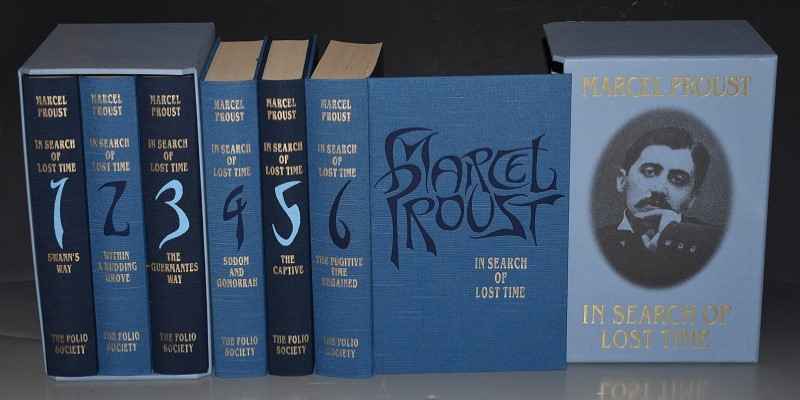Choosing childrens books can feel overwhelming with so many titles available, but the right choices can ignite a love of reading that lasts a lifetime. Finding the perfect fit requires more than just picking popular books its about balancing age-appropriateness, reading ability, interests, and values that resonate with your child. Lets dive into how you can navigate this decision-making process smoothly.
The art of choosing childrens books goes beyond finding something visually appealing. Its about identifying stories that align with a childs reading level and engage their interests while supporting their emotional and cognitive growth. A well-selected book can inspire curiosity, enrich vocabulary, and foster empathy, transforming reading into both a fun and developmental experience.
The goal is to strike a balance between enjoyment and learning, ensuring the content is not only accessible but also challenges the childs imagination and critical thinking as they grow. Now that we've established what to aim for let's explore practical tips to help you select the right childrens books effectively.
Age matters when choosing childrens books. Babies and toddlers are naturally drawn to bright images and simple text. Board books with interactive elements like flaps or textures are ideal for this stage. For preschoolers, rhyming books, stories with repetition, or those featuring familiar objects tend to work well. Early school-aged children begin enjoying books with more complex plots and character development, and chapter books become appealing by the age of 7 or 8.
Each child develops at their own pace, so be flexible. For instance, some children might love picture books even after they start reading independently, while others might jump into short novels earlier than expected. The key is finding books that match both their developmental stage and reading level.

Kids are more motivated to read when the books align with their interests. Whether your child loves dinosaurs, outer space, animals, or magic, some books cater to almost every passion. Explore different genresfiction, non-fiction, graphic novels, and even poetry collections.
Allow your child to lead the way in choosing books that interest them. Even if the material seems unconventional, like comics or funny short stories, these still foster essential literacy skills and should be encouraged. For reluctant readers, lighter genres often help build confidence in reading.
Reading levels are essential, especially in the early years, to ensure books aren't too easy or too challenging. A quick way to assess whether a book is suitable is the five-finger rule. If a child struggles with more than five words on a page, it might be better to select a simpler book for now. However, slightly challenging books can be useful to build vocabulary if an adult provides occasional support during reading sessions.
Books that fit within a child's "just-right" reading level promote both enjoyment and learning. Make time to read aloud together with more advanced books, as this helps them explore more sophisticated content without frustration.
Representation matters in childrens literature. Selecting books that reflect different cultures, languages, abilities, and family dynamics ensures children learn empathy and appreciate diversity. Look for stories featuring a range of characters and experiences to broaden your childs worldview.
There are also culturally responsive books that introduce kids to values like kindness, fairness, and environmental awareness. Themed lists from trusted sources, such as librarians and educational websites, can help you find diverse and inclusive options.

The visual and physical format of a book plays a big role in its appeal. Younger children often prefer colorful illustrations with simple, large text, while older readers might be drawn to books with more refined artwork or engaging chapter divisions. Interactive elements, such as pop-ups or activity books, also make reading a more engaging experience for certain age groups.
Pay attention to the quality of print and layout. Clear fonts and proper spacing can make it easier for early readers to follow along. For older children, visually appealing covers and well-organized chapters can help spark interest.
Dont hesitate to ask for recommendations from teachers, librarians, and fellow parents. Libraries and bookshops often have curated lists of top childrens books, and many websites offer recommendations based on themes or genres. Some books, such as award-winning titles, provide a good place to start since they come with endorsements from educators and literary experts.
Following your child's favorite authors or book series is another way to build enthusiasm. When kids find an author they love, they are more likely to read all their other works, deepening their engagement with books.
Children's tastes in books change over time, so it's okay to experiment with different genres and styles. Encourage your child to try a variety of formats, such as audiobooks or eBooks, to see what works best. Audiobooks can also be a valuable tool, especially for children who prefer listening to stories over reading text. Additionally, its important to allow children the freedom to abandon books they dont enjoy. Reading should remain a positive experience, not a chore.
Choosing childrens books requires balancing personal preferences, reading levels, and age appropriateness. Its not just about finding books that children can read but discovering stories they want to read. Encouraging them to explore new genres, providing opportunities for shared reading, and offering diverse books will help foster a lifelong love of reading. Ultimately, the right book is the one that captures a childs imagination and makes them excited to read more.
With these tips in mind, the process of selecting childrens books becomes less daunting and more enjoyable for both you and your child. Remember that every child is unique, so their reading journey will be, tooand that's perfectly okay.

By Eleanor/May 11, 2024

By Lucy Lee/Feb 15, 2024

By Eleanor/Apr 28, 2024

By Georgia Vincent/Nov 10, 2024
By Eleanor/Nov 09, 2024

By Vicky Louisa/Mar 17, 2025

By Frederica/Feb 22, 2024

By Susan Kelly/Mar 09, 2024

By Susan Kelly/Mar 12, 2024

By Christin Shatzman/Apr 28, 2025

By Lucy Lee/Feb 27, 2024
By Frederica/Nov 09, 2024